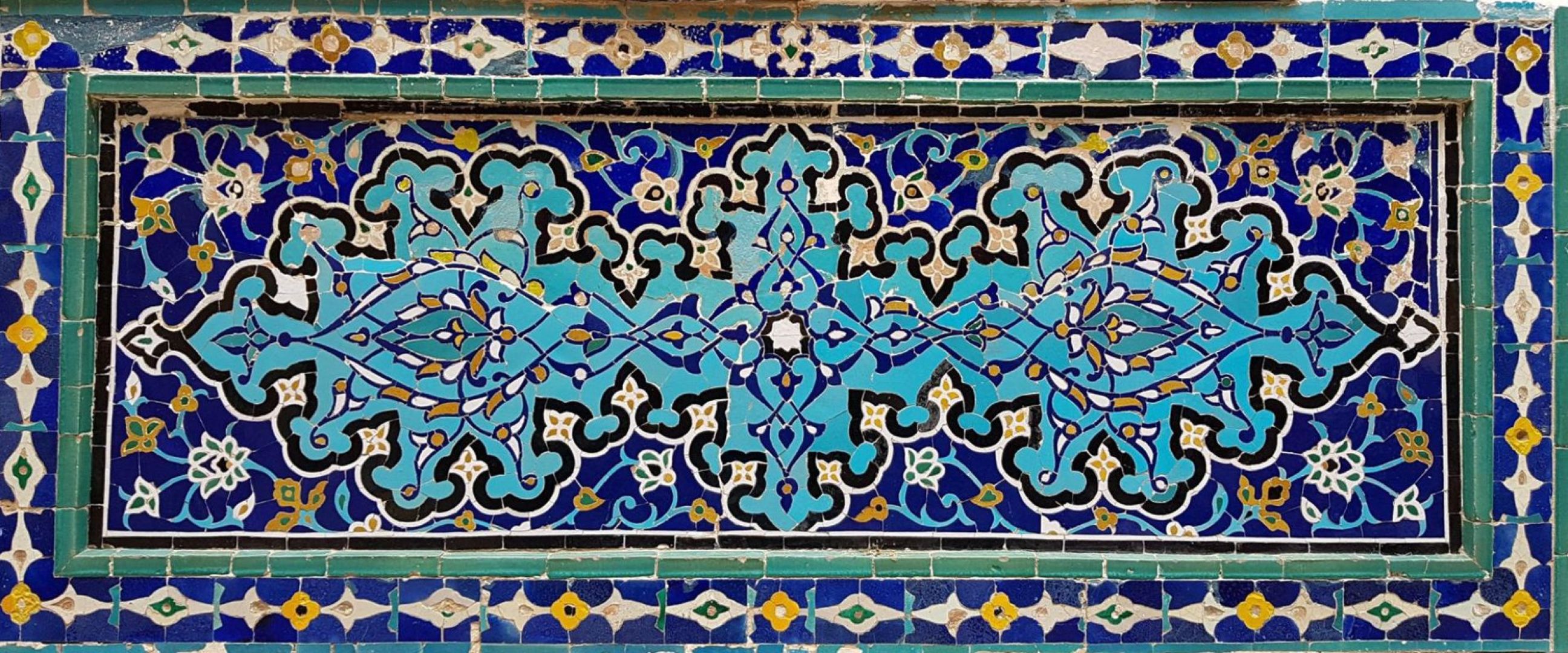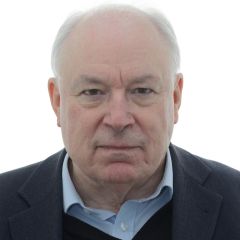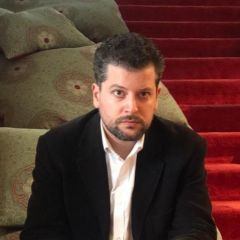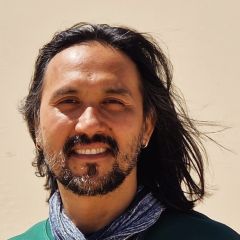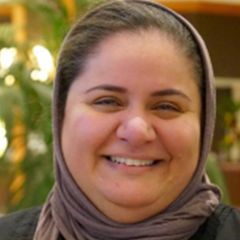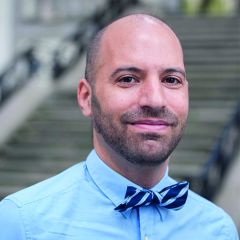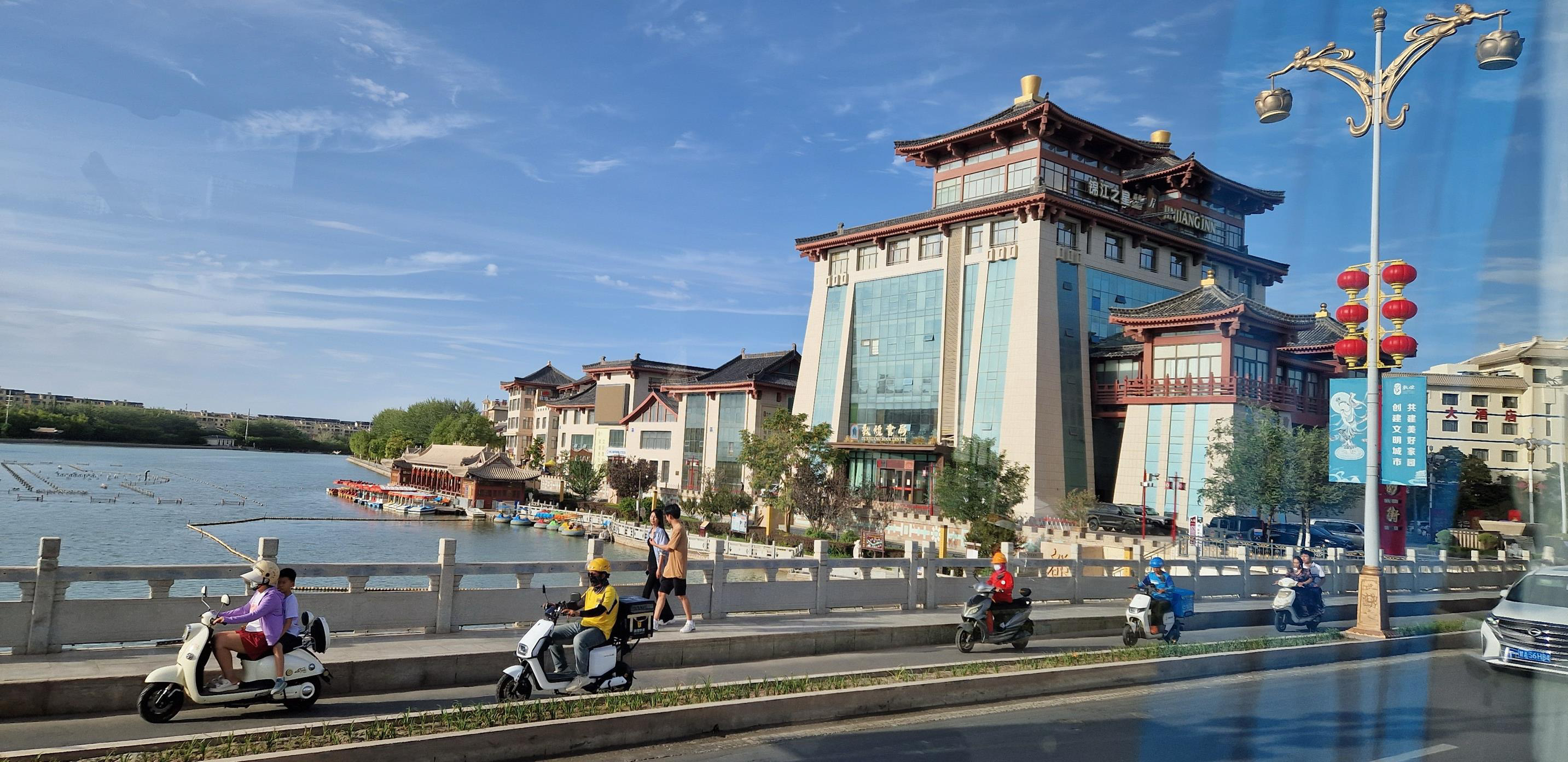

The Silk Roads programme at King's College
An interdisciplinary research programme to study the history and culture of the countries of the Silk Roads
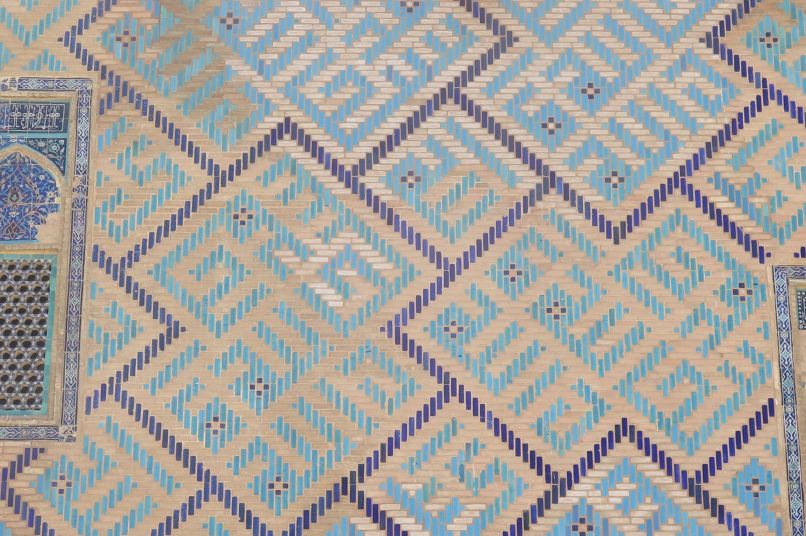
About the Silk Roads programme
Through a generous donation, King’s has initiated a programme for the study of the history and culture of the Silk Road countries, societies, and cultures of Asia from the Western borders of China to the Mediterranean Sea, as well as their relationships with China in the East and Europe in the West.
This broad programme of studies includes lectures, seminars and conferences, as well as graduate scholarships and Research Fellowships, which explore relationships and the movement of materials, knowledge, and technologies between China and the Mediterranean at any period in history up to the present day.
To keep up to date with Silk Roads Programme activities, join the mailing list.
Members of the Silk Roads programme
Silk Roads programme events listings
